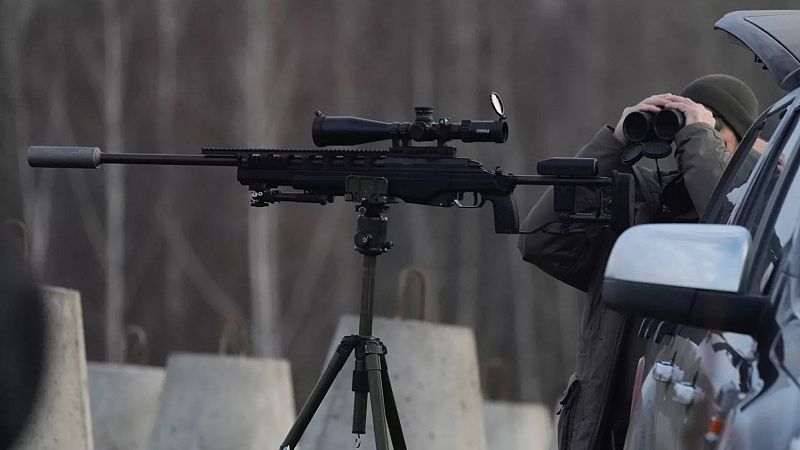
Latvia’s intelligence agency warned on Wednesday that individuals who appear to be lost tourists, may in fact be Russian saboteurs or spies.
In its annual report, Latvia’s Defence Intelligence and Security Service (MIDD) stated that Russian intelligence and security services posed the "main threat" to its national security.
MIDD called for caution, warning that "the Ukrainian experience shows that Russian special services are able to adapt.”
It went on to urge citizens to warn authorities should they spot a sabotage group, "if you do think you might have spotted a sabotage group on Latvian soil, MIDD does not recommend tackling them yourself", instead calling for citizens to pass on these "suspicions to the State Police, special services, or the nearest armed forces unit.”
MIDD also shared advice on how to identify possible reconnaissance and sabotage operatives through listing a series of telltale signs — which include a slovenly appearance, mismatched military or sportswear, as well as a knack for asking locals suspicious questions.
The security service added that individuals may also carry specialised medical kits, as well as maps or radios — which are more suited to a clandestine operation than a camping trip.
It warned that suspects may linger near military or critical infrastructure sites and pose as humanitarian workers, as well as stay in remote areas without showing any interest in nature.
According to the report, malign activities organised by Russia’s intelligence and security services in 2024 targeted some of Latvia's symbolic commemoration sites, namely a memorial stone for Latvian legionnaires which is located in the Džūkste parish and was splattered with red paint in January last year.
Given similar events had also occurred in other Baltic states, Latvian security services promptly investigated the incident.
They found that Russian security services were behind the desecration, determining that the provocation intended to attract media attention, as well as increase fear and insecurity among Latvians.
The Latvian guidance comes as countries across the region, including new NATO members Sweden and Finland, have been issuing booklets with advice on how to survive war or a natural disaster.







